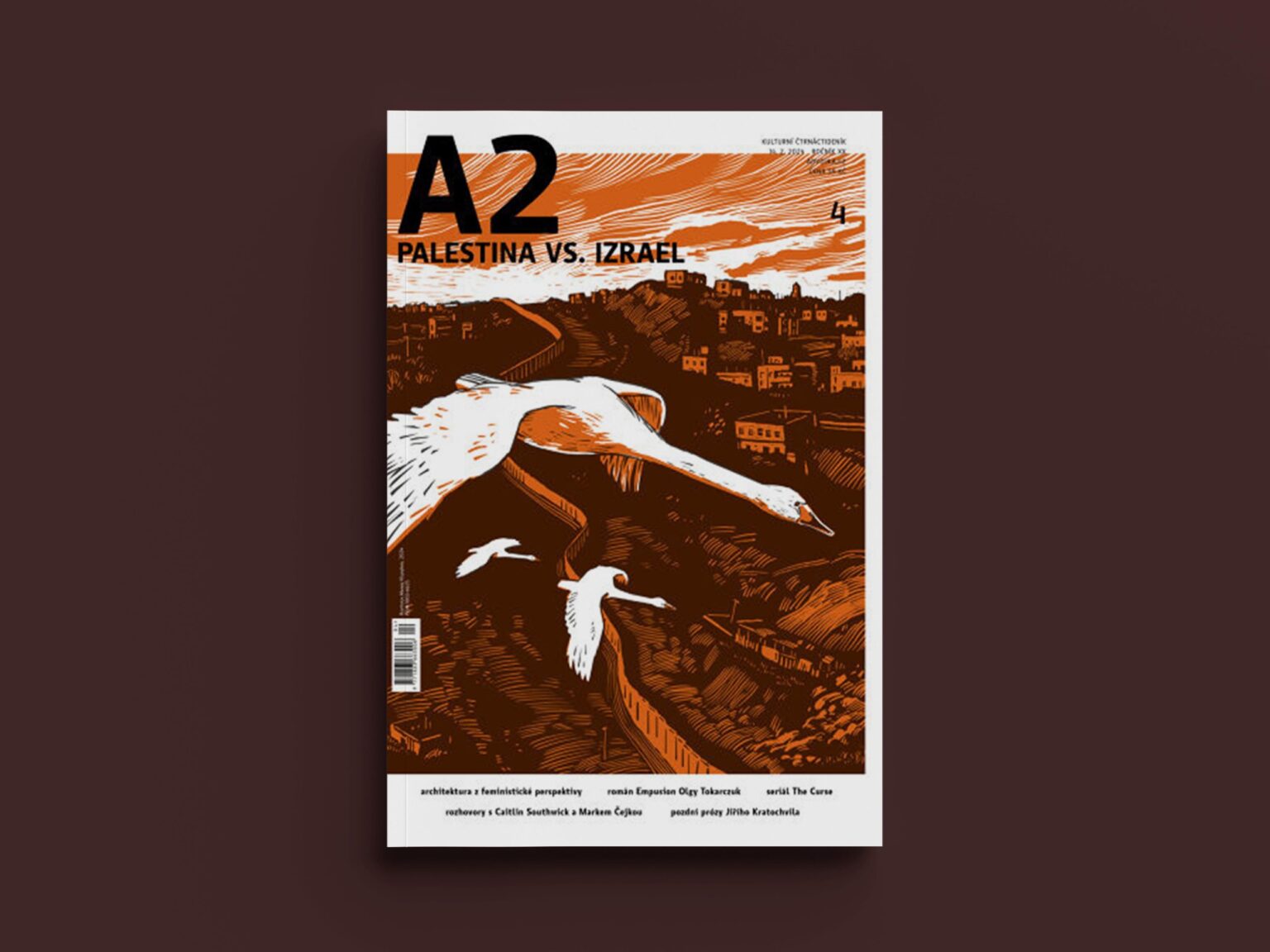The wave of solidarity with Gaza that has swept via Western Europe in current months stops on the borders of the Czech Republic, the place most individuals appear unconcerned in regards to the destiny of the Palestinians. The nation shares this perspective with Slovakia, Poland and Hungary.
The Czech journal A2 examines the explanations for the staunch help for Israel on the a part of the Czech authorities, the general public and the media, to grasp why, as A2 editor Lukáš Rychetský says: ‘we appear to really feel the necessity to escape the complexity and ambiguity of conflicts just like the Israeli-Palestinian battle, in a narrative a few conflict between Good and Evil.’
The Czech-Israeli relationship
Political scientist Marek Čejka, a specialist in Israel’s fashionable historical past, explains that to grasp the Czech perspective in the direction of the Israeli-Palestinian battle, one should return to the anti-Semitic Hilsner trial of the early twentieth century. The long run president of Czechoslovakia, Tomáš Masaryk, then a regulation professor, defended Leopold Hilsner, a Jew accused of blood libel (Hilsner was convicted anyway). As head of state, Masaryk grew to become an outspoken supporter of Zionist aspirations, which he seen as an emancipation motion akin to the Czech and Slovak aspirations for independence.
Apart from a quick interlude after World Conflict II, Czechoslovakia adopted the Soviet coverage of supporting Arab nations all through the communist period. Throughout Václav Havel’s presidency, Czechoslovak (and later Czech) insurance policies modified, though, as Čejka notes, Havel supported the peace course of and made some extent of assembly Palestinians each time he visited Israel. After Havel, nonetheless, the Czech proper solid shut ties with Likud, strengthening Israeli-Czech ties.
Čejka finds it startling that the present Czech cupboard “has not mirrored the mass protests towards Netanyahu’s authorities at a time when it has clearly turned to authoritarianism and tried to implement undemocratic adjustments within the Israeli political system.” He notes that the Czech Republic and Hungary have just lately gone as far as to dam EU sanctions towards radical Israeli Jewish settlers.
Censorship and media bias
Regardless of the nuanced portrayal of the Israeli-Palestinian battle by many Israeli writers, solely half a dozen such works have appeared in Czech translation, writes Lukáš Rychetský. Evidently Czech notion continues to be formed by Leon Uris’s 1958 pro-Zionist bestseller Exodus (revealed in Czech in 1991). Even fewer works by Palestinian authors have been translated into Czech, writes Monika Šramová, who factors to the central function of the themes of displacement and exile in Palestinian literature.
The bias is much more seen within the Czech media, writes media theorist Jan Motal. Palestinians, and those that defend their rights, are demonized or depersonalized, and in contrast to Israeli victims, they’re hardly ever profiled. Motal cites the instance of the Czech Republic-based Palestinian artist Yara Abu Aatayawhose story was first proven by mainstream TV stations and newspapers however was shortly retracted, with the journalists who interviewed her shedding their jobs.
The truth that many Palestinian journalists have been killed, injured or pushed into exile appears to have left their Czech colleagues unmoved. In any case, they’ve been unwilling to answer calls from the Worldwide Federation of Journalists for his or her help.
“Czech journalism has lengthy suffered from being remoted from the worldwide debate on the ethics and requirements of journalists,” says Motal. “Whereas there have been makes an attempt to treatment this failure, particularly by smaller, unbiased media shops, the mainstream has remained stubbornly resistant. The dehumanization or ignoring of the Palestinian victims of the conflict in Gaza is only one fragment of the unflattering picture of Czech journalism, which stays incapable of standing up for human dignity.”

